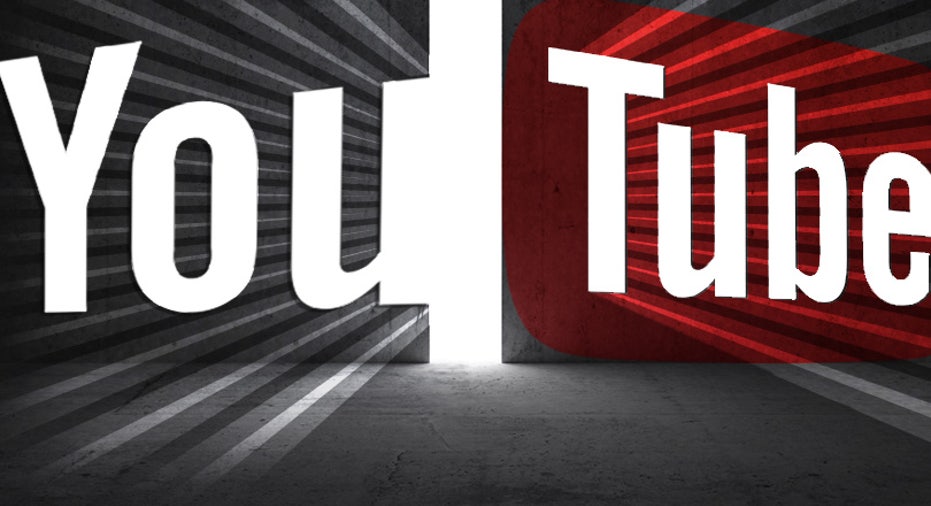Facebook, Twitter, YouTube Accused of Ignoring Hate Speech

As Microsoft's ill-fated Tay chatbot quickly learned, social media is full of racism. In an attempt to eradicate it, advocacy groups in France plan to sue Facebook, Twitter and YouTube for failing to remove racist, homophobic, and other hateful posts from their platforms.
The Union of French Jewish Students (UEJF) and SOS Racism claimed last week that the social networks have violated a French law requiring them to remove such content. The groups tracked 586 posts between March and May 10 that they say are racist, homophobic, or anti-semitic, or that support terrorism or crimes against humanity.
A law passed in 2004 requires websites in France to remove content that is "manifestly illicit" in a timely manner if they know about it. According to the UEJF, Twitter removed just 4 percent of the offending posts on its network during the monitoring period, while YouTube and Facebook did only slightly better.
"In light of the benefits that YouTube, Twitter, and Facebook receive in France, and the few taxes they pay, their refusal to invest in the struggle against hate is unacceptable," UEJF President Sacha Reingewirtz said in a statement.
The complaint comes a few months after Facebook COO Cheryl Sandberg announced a crackdown on hate speech in Europe. The company pledged more than 1 million euros ($1.09 million) to financially support organizations that fight online extremism. That came after Facebook, Google and Twitter agreed in December to delete hate speech from their websites in Germany within 24 hours after they are posted.
In 2012, meanwhile, Twitter announced that it would start blocking tweets that ran afoul of certain countries' restrictions on speech. Germany and France, for example, ban pro-Nazi content, but it is protected speech under the First Amendment here in the United States.
However, European regulators, especially those in France and Germany, which have extensive laws against hate speech, have been unwavering in their pursuit of Facebook and other social media companies for previous violations.
Facebook, YouTube, and Twitter did not immediately respond to a request for comment.
This article originally appeared on PCMag.com.



















